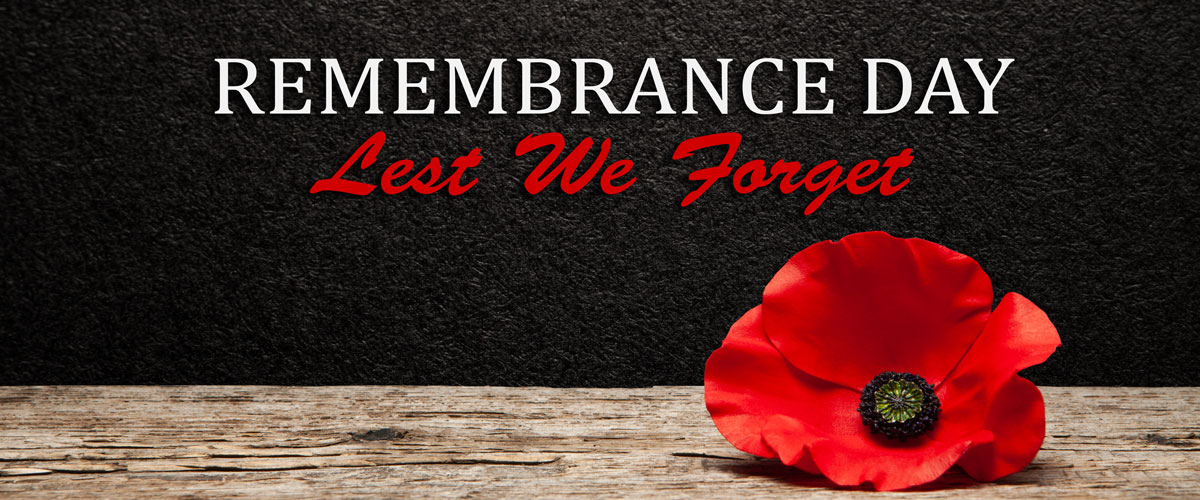As I near my sixth decade on this planet, I can’t help but reflect on how various customs and traditions have evolved throughout my life, particularly our observance of Remembrance Day. The times when we would hand out poppies at school and gather at local memorials alongside uniformed veterans feel like distant memories now, like observing a solemn moment of silence with the trumpeting of the Last Post.
The pressures of modern life and the swift advancement of technology have significantly altered our understanding and engagement with this day. Many from my generation might argue that these changes aren’t necessarily improvements, but exploring how and why these transformations have occurred is essential to reducing their effect.
The Shifting Landscape of Commemoration
- A Fading Connection: The direct ties to the wars we honour weaken as the years pass. With the last World War I veterans now gone, many young people lack personal stories of sacrifice, leading to a more abstract understanding of this solemn day. It’s like grasping a distant echo of history, where the emotional resonance can feel muted.
- Evolving Stories: Originally, Remembrance Day was a heartfelt tribute to those who fell and a call for peace. Today, however, its meaning often intertwines with national pride and political narratives, sometimes overshadowing the personal grief and collective memory that the day was meant to evoke.
The Digital Age’s Influence
- Virtual Tributes: Social media has revolutionized participation in Remembrance Day. While online ceremonies and tributes can broaden engagement, they risk becoming fleeting moments lost in the digital noise, where the depth of remembrance might fade into the background.
- Information Overload: In a world bombarded by constant updates and competing narratives, focusing on the significance of Remembrance Day can feel challenging. The day can slip into routine, losing its profound impact amidst the noise of competing news sources, social media feeds, and 24-hour opinion pieces.
The Pressures of Contemporary Life
- Fast-Paced Existence: Reflecting on historical events like Remembrance Day can often feel burdensome amid life’s many pressures. While every generation complains about the demands of work, family, and daily responsibilities, few have faced the dual challenges of waning significance and the overwhelming digital distractions that characterize our current era, which can easily overshadow this meaningful occasion.
- The Pandemic: The COVID-19 pandemic profoundly changed how we observed Remembrance Day, leading to the cancellation or virtual adaptation of many traditional ceremonies to prioritize public safety. In 2020 and 2021, restrictions limited gatherings, allowing only a few participants at memorials, which diminished the communal spirit typically associated with this day of remembrance.
- Cultural Shifts: With a growing focus on mental health and well-being, many now interpret remembrance through a personal lens. This shift often emphasizes the psychological impacts of war, advocating for veterans’ care over traditional commemorative practices.
Collective Memory and Responsibility
- Expectation vs. Genuine Reflection: Society often expects participation in Remembrance Day activities, which can create a sense of obligation rather than authentic engagement. This pressure can lead to a disconnect between personal beliefs and public actions.
- Calls for Meaningful Action: Advocates argue that true remembrance should extend beyond ceremonies to include tangible support for veterans and active discussions about the implications of war today. This shift reflects a desire for deeper, more meaningful engagement rather than mere observance.
In summary, while Remembrance Day remains a crucial occasion for honouring those who served, the complexities of modern life and technological changes have reshaped its significance. The challenge lies in nurturing a deeper, more personal connection to the day amidst the whirlwind of contemporary existence.
To help preserve Remembrance Day's memory and tradition, we can actively participate in local or online ceremonies, wear poppies (and post photos of you wearing them), find out if anyone in your family served, share photos & tributes, and educate ourselves about its significance. Taking these simple steps can deepen our connection to this important day. Supporting veteran organizations through donations or volunteering also plays a crucial role in honoring their sacrifices.
For other ideas, here is a link to nine ways you can honour Remembrance Day.
By engaging in these actions, we can ensure that the spirit of Remembrance Day remains alive for current and future generations, lest we forget.





































